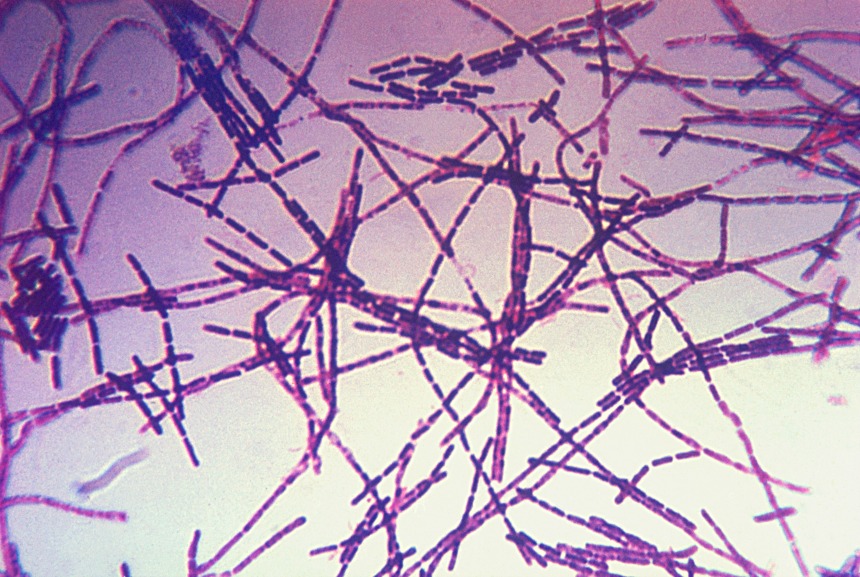

Anthrax is diagnosed by isolating B. anthracis from the blood, skin lesions, or respiratory secretions or by measuring specific antibodies in the blood of persons with suspected cases.
Scientists and researchers from all over the world who work on Bacillus anthracis, the causative agent of anthrax, and B. cereus and B. thuringiensis, two closely related bacillus species, will be heading to Victoria, British Columbia, in October for the international conference known as “Bacillus ACT.”
The bi-annual conference, set for 1-5 October, will allow members of the scientific community to present their work and meet more than 200 global peers.
The main mission of the Bacillus ACT 2017 conference is to promote stimulating and fruitful interactions among investigators involved in research related to the physiology, genetics, molecular biology, pathogenesis and ecology of these three closely related bacteria and their kin.
“World-renowned scientists will present their latest findings — from studying genomics, cell wall and spore structure and function, gene regulation, sporulation and germination, toxins, epidemiology, ecology and bacteria-host interactions of these species,” said Bacillus ACT 2017 Co-Chair Staci Kane of Lawrence Livermore National Laboratory (LLNL).
In addition, experts working on rapid diagnostics, decontamination, vaccine development, therapeutics and general physiology will be participating in this conference, which was last held in 2015 in New Delhi, India, Kane said.
“By choosing international destinations we can tap into local knowledge and bring together global expertise. Friendships and collaborations are formed that may never have happened without people meeting at this conference,” she added.
Victoria, British Columbia, was chosen because of its access to scientific hubs in Vancouver, Seattle, Portland and across California.
LLNL says that this year’s conference is organized by LLNL’s Global Security Principal Directorate, which applies multidisciplinary science and technology to anticipate, innovate and deliver responsive solutions to complex global security needs.
Sponsors include the LLNL Global Security Principal Directorate, the Centers for Disease Control and Prevention, Emergent BioSolutions of Gaithersburg, Maryland, the Northwest Territories’ Department of Environment and Natural Resources (Wildlife Division) of Yellowknife, Canada, and List Biological Laboratories Inc. of Campbell, California.
Due to the high caliber of the delegates, the conference attracts patrons, allowing them to showcase their technology, capabilities and products to this international community of researchers.
The five-day conference’s keynote presenter will be John Collier, professor emeritus from Harvard Medical School’s Department of Microbiology and Immunobiology, whose talk will focus on “A Toxin Odyssey.”
“Some of the most exciting basic and applied research in microbiology is presented at the Bacillus ACT meetings,” said Adam Driks of Loyola University Chicago, and the conference’s co-chair. “This year’s meeting promises to be an outstanding event.”
Art Friedlander of the U.S. Army Medical Research Institute of Infectious Diseases is a key member of the steering committee.
The deadline for submitting abstracts is 15 June, and notification of acceptance will be sent no later than 31 July.
This article is published courtesy of Homeland Security News Wire.

